Fiji's military commander tightened his grip on power when he was sworn in as interim prime minister on Friday, exactly a month after his bloodless coup overthrew the South Pacific nation's elected government.
SUVA: Fiji's military commander tightened his grip on power when he was sworn in as interim prime minister on Friday, exactly a month after his bloodless coup overthrew the South Pacific nation's elected government.
Commander Frank Bainimarama said he would remain head of the military as well as lead the interim government, but the man he ousted, former Prime Minister Laisenia Qarase, warned that Fiji was heading towards military dictatorship.
Bainimarama staged Fiji's fourth coup in 20 years on December 5.
He was sworn in interim premier on Friday by President Ratu Josefa Iloilo, whom he reinstated a day earlier after assuming his largely ceremonial powers during the coup.
“In all things, I will be a true and faithful prime minister,” Bainimarama said as he took the oath of office.
“Let us put the interest of the nation at heart,” he said.
Bainimarama said he would lead Fiji to new elections “after an advanced electoral office and systems are in place and the political and economic conditions are conducive to the holding of such elections”.
He gave no indication when elections will be held.
The military said the state of emergency it declared during the coup would remain in place and that Qarase should stay on his home island in Fiji's remote east, where he was sent after being ousted from office.
Qarase, re-elected for a second five-year term last May, told the news web site Fiji Village (
www.fijivillage.com) that he would return to the capital Suva next week.
Bainimarama toppled Qarase's government in Fiji's fourth coup since 1987, accusing it of corruption, racism and of being too soft on those responsible for the previous coup in 2000.
Iloilo, an ageing and ailing figurehead who is rarely seen in public, said in a national address on Thursday that he endorsed the military's action and would grant immunity from civil and criminal prosecution for those involved.
Bainimarama had installed Jona Baravilala Senilagakali, a former army doctor and Methodist lay preacher, as caretaker prime minister during the coup.
Bainimarama has since purged the police, judiciary and public service of senior officials and cracked down against those who have spoken out against his coup.
The overthrow has brought international condemnation, with Australia, New Zealand, Britain and the United States imposing economic and defence sanctions.
A former British colony, Fiji had its Commonwealth membership suspended in protest at the coup, just as it had after similar upheavals in 1987 and 2000.
Many warned that the coup would significantly damage Fiji's fragile economy, which is based on tourism and an inefficient and uncompetitive sugar industry. Tourism bookings fell dramatically around the time of the coup.
The prime minister and a top junta member later met to consider tightening security in Bangkok, after the military denied rumors of a new coup during the night.
Prime Minister Surayud Chulanont and the junta's secretary general, Winai Phattiyakul, met at Government House amid soaring political tensions that were ignited by a series of deadly bombings in Bangkok on New Year's Eve.
Defense Minister Boonrawd Somtas told reporters Thursday that the bombers were most likely "men in uniform".Hours later, rumors began to swirl around Bangkok that a new coup was underway, forcing the junta leader to speak late Thursday and early Friday on national television to ease public fears.
![submenu-img]() Meet man who once suffered loss of Rs 15 crore, then built Rs 2000 crore turnover company at 60, he is…
Meet man who once suffered loss of Rs 15 crore, then built Rs 2000 crore turnover company at 60, he is…![submenu-img]() 'They did her dirty': Aishwarya Rai fans criticise stylist for her 'failed art project' outfit on Cannes red carpet
'They did her dirty': Aishwarya Rai fans criticise stylist for her 'failed art project' outfit on Cannes red carpet![submenu-img]() Woman walks on the streets of Tokyo in saree, viral video shows people’s reaction
Woman walks on the streets of Tokyo in saree, viral video shows people’s reaction![submenu-img]() Blinkit offering ‘free dhaniya’ with vegetable orders, people now asking for free…
Blinkit offering ‘free dhaniya’ with vegetable orders, people now asking for free…![submenu-img]() Kartam Bhugtam: Shreyas Talpade-starrer is a riveting dive into the unknown
Kartam Bhugtam: Shreyas Talpade-starrer is a riveting dive into the unknown![submenu-img]() Meet PhD wife of IIT graduate hired at Rs 100 crore salary package, was fired within a year, he is now…
Meet PhD wife of IIT graduate hired at Rs 100 crore salary package, was fired within a year, he is now…![submenu-img]() Meet woman not from IIT, IIM or NIT, cracked UPSC exam in first attempt with AIR...
Meet woman not from IIT, IIM or NIT, cracked UPSC exam in first attempt with AIR...![submenu-img]() Maharashtra Board Results 2024: MSBSHSE class 10th, 12th results soon, know how to check results via SMS
Maharashtra Board Results 2024: MSBSHSE class 10th, 12th results soon, know how to check results via SMS![submenu-img]() Meet Indian genius who became world’s 'youngest' surgeon at 7, worked in IIT for...
Meet Indian genius who became world’s 'youngest' surgeon at 7, worked in IIT for...![submenu-img]() Meet Kashmir boy, who is JEE topper, wants to pursue Computer Science, he aims to clear...
Meet Kashmir boy, who is JEE topper, wants to pursue Computer Science, he aims to clear...![submenu-img]() DNA Verified: Is CAA an anti-Muslim law? Centre terms news report as 'misleading'
DNA Verified: Is CAA an anti-Muslim law? Centre terms news report as 'misleading'![submenu-img]() DNA Verified: Lok Sabha Elections 2024 to be held on April 19? Know truth behind viral message
DNA Verified: Lok Sabha Elections 2024 to be held on April 19? Know truth behind viral message![submenu-img]() DNA Verified: Modi govt giving students free laptops under 'One Student One Laptop' scheme? Know truth here
DNA Verified: Modi govt giving students free laptops under 'One Student One Laptop' scheme? Know truth here![submenu-img]() DNA Verified: Shah Rukh Khan denies reports of his role in release of India's naval officers from Qatar
DNA Verified: Shah Rukh Khan denies reports of his role in release of India's naval officers from Qatar![submenu-img]() DNA Verified: Is govt providing Rs 1.6 lakh benefit to girls under PM Ladli Laxmi Yojana? Know truth
DNA Verified: Is govt providing Rs 1.6 lakh benefit to girls under PM Ladli Laxmi Yojana? Know truth![submenu-img]() Aishwarya Rai Bachchan turns heads in intricate black gown at Cannes, walks the red carpet with injured arm in cast
Aishwarya Rai Bachchan turns heads in intricate black gown at Cannes, walks the red carpet with injured arm in cast![submenu-img]() Laapataa Ladies' Poonam aka Rachna Gupta looks unrecognisable in viral photos, amazes with jaw-dropping transformation
Laapataa Ladies' Poonam aka Rachna Gupta looks unrecognisable in viral photos, amazes with jaw-dropping transformation![submenu-img]() In pics: Taarak Mehta Ka Ooltah Chashmah actress Deepti Sadhwani dazzles in orange at Cannes debut, sets new record
In pics: Taarak Mehta Ka Ooltah Chashmah actress Deepti Sadhwani dazzles in orange at Cannes debut, sets new record![submenu-img]() Ananya Panday stuns in unseen bikini pictures in first post amid breakup reports, fans call it 'Aditya Roy Kapur's loss'
Ananya Panday stuns in unseen bikini pictures in first post amid breakup reports, fans call it 'Aditya Roy Kapur's loss'![submenu-img]() Remember Harsh Lunia? Just Mohabbat child star, here's how former actor looks now, his wife is Bollywood's popular...
Remember Harsh Lunia? Just Mohabbat child star, here's how former actor looks now, his wife is Bollywood's popular...![submenu-img]() Haryana Political Crisis: Will 3 independent MLAs support withdrawal impact the present Nayab Saini led-BJP government?
Haryana Political Crisis: Will 3 independent MLAs support withdrawal impact the present Nayab Saini led-BJP government?![submenu-img]() DNA Explainer: Why Harvey Weinstein's rape conviction was overturned, will beleaguered Hollywood mogul get out of jail?
DNA Explainer: Why Harvey Weinstein's rape conviction was overturned, will beleaguered Hollywood mogul get out of jail?![submenu-img]() What is inheritance tax?
What is inheritance tax?![submenu-img]() DNA Explainer: What is cloud seeding which is blamed for wreaking havoc in Dubai?
DNA Explainer: What is cloud seeding which is blamed for wreaking havoc in Dubai?![submenu-img]() DNA Explainer: What is Israel's Arrow-3 defence system used to intercept Iran's missile attack?
DNA Explainer: What is Israel's Arrow-3 defence system used to intercept Iran's missile attack?![submenu-img]() 'They did her dirty': Aishwarya Rai fans criticise stylist for her 'failed art project' outfit on Cannes red carpet
'They did her dirty': Aishwarya Rai fans criticise stylist for her 'failed art project' outfit on Cannes red carpet![submenu-img]() Kartam Bhugtam: Shreyas Talpade-starrer is a riveting dive into the unknown
Kartam Bhugtam: Shreyas Talpade-starrer is a riveting dive into the unknown![submenu-img]() Richa Chadha says Heeramandi co-star Sharmin Segal being trolled for her performance is 'audience’s right'
Richa Chadha says Heeramandi co-star Sharmin Segal being trolled for her performance is 'audience’s right'![submenu-img]() Meet only Indian actress whose film is competing for top prize at Cannes; not Aishwarya, Deepika, Kiara, Priyanka, Alia
Meet only Indian actress whose film is competing for top prize at Cannes; not Aishwarya, Deepika, Kiara, Priyanka, Alia![submenu-img]() How two heroines beat Rajinikanth, Vijay, Dhanush to give Tamil cinema's biggest hit of 2024; low-budget film earned...
How two heroines beat Rajinikanth, Vijay, Dhanush to give Tamil cinema's biggest hit of 2024; low-budget film earned...![submenu-img]() Woman walks on the streets of Tokyo in saree, viral video shows people’s reaction
Woman walks on the streets of Tokyo in saree, viral video shows people’s reaction![submenu-img]() Why Australians walk barefoot in public: Here’s the reason
Why Australians walk barefoot in public: Here’s the reason![submenu-img]() People in this country compete to see who’s best at doing nothing, here's why
People in this country compete to see who’s best at doing nothing, here's why![submenu-img]() Viral video: Influencer dressed as 'Manjulika' dances on crowded road, internet reacts
Viral video: Influencer dressed as 'Manjulika' dances on crowded road, internet reacts![submenu-img]() Viral video: Baby elephant receives 'Z-category security' during family nap in Tamil Nadu reserve
Viral video: Baby elephant receives 'Z-category security' during family nap in Tamil Nadu reserve
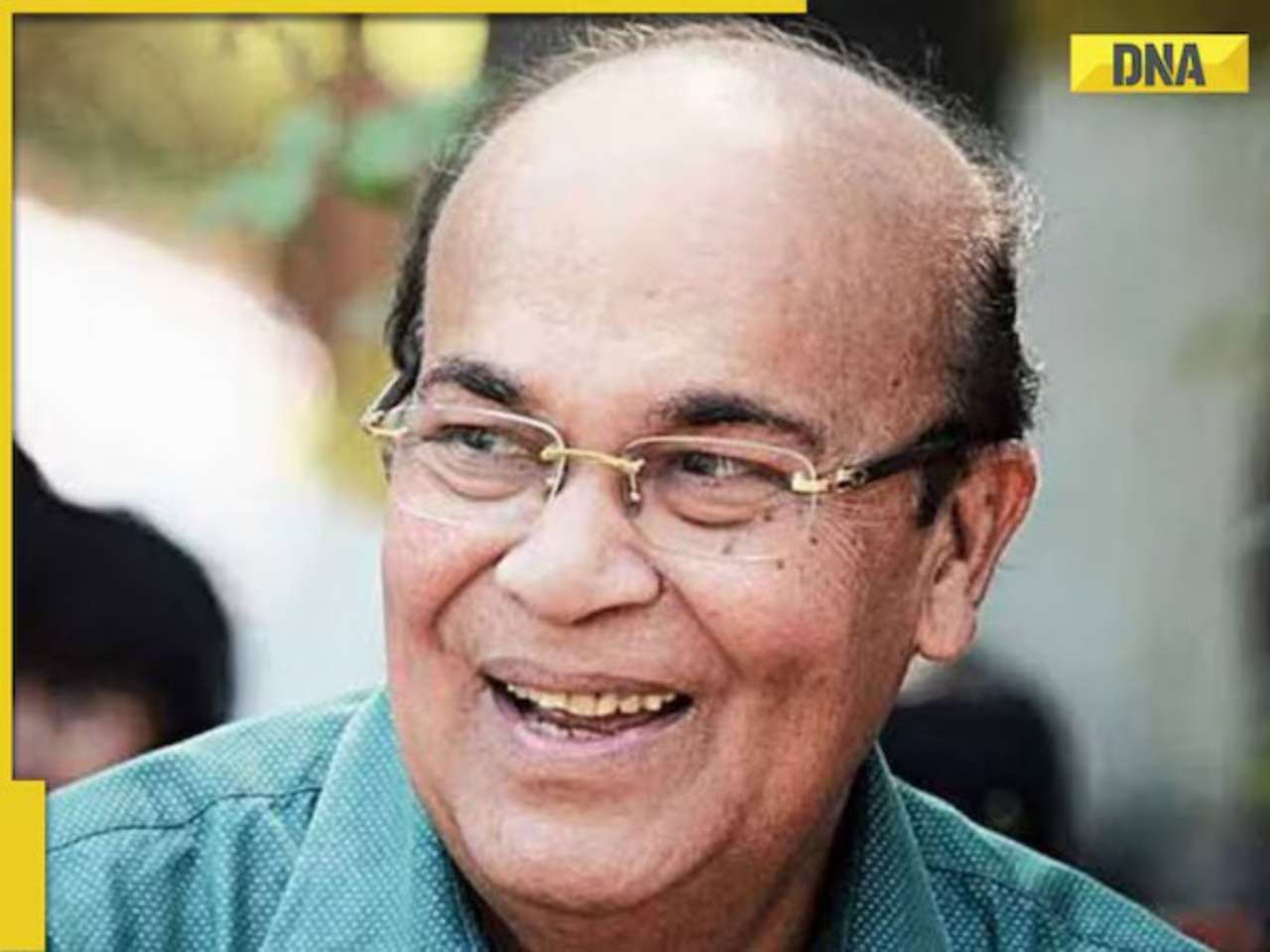



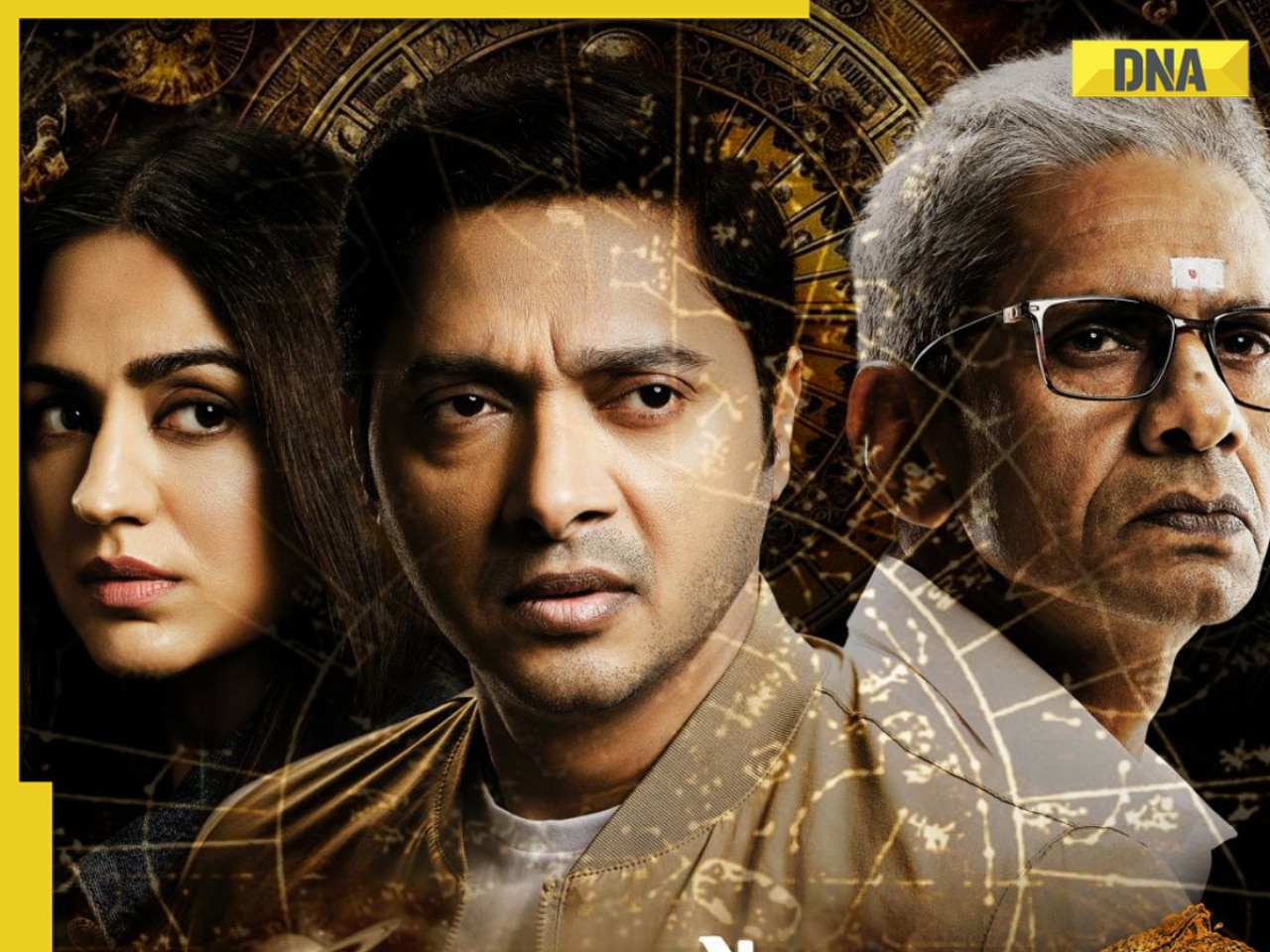








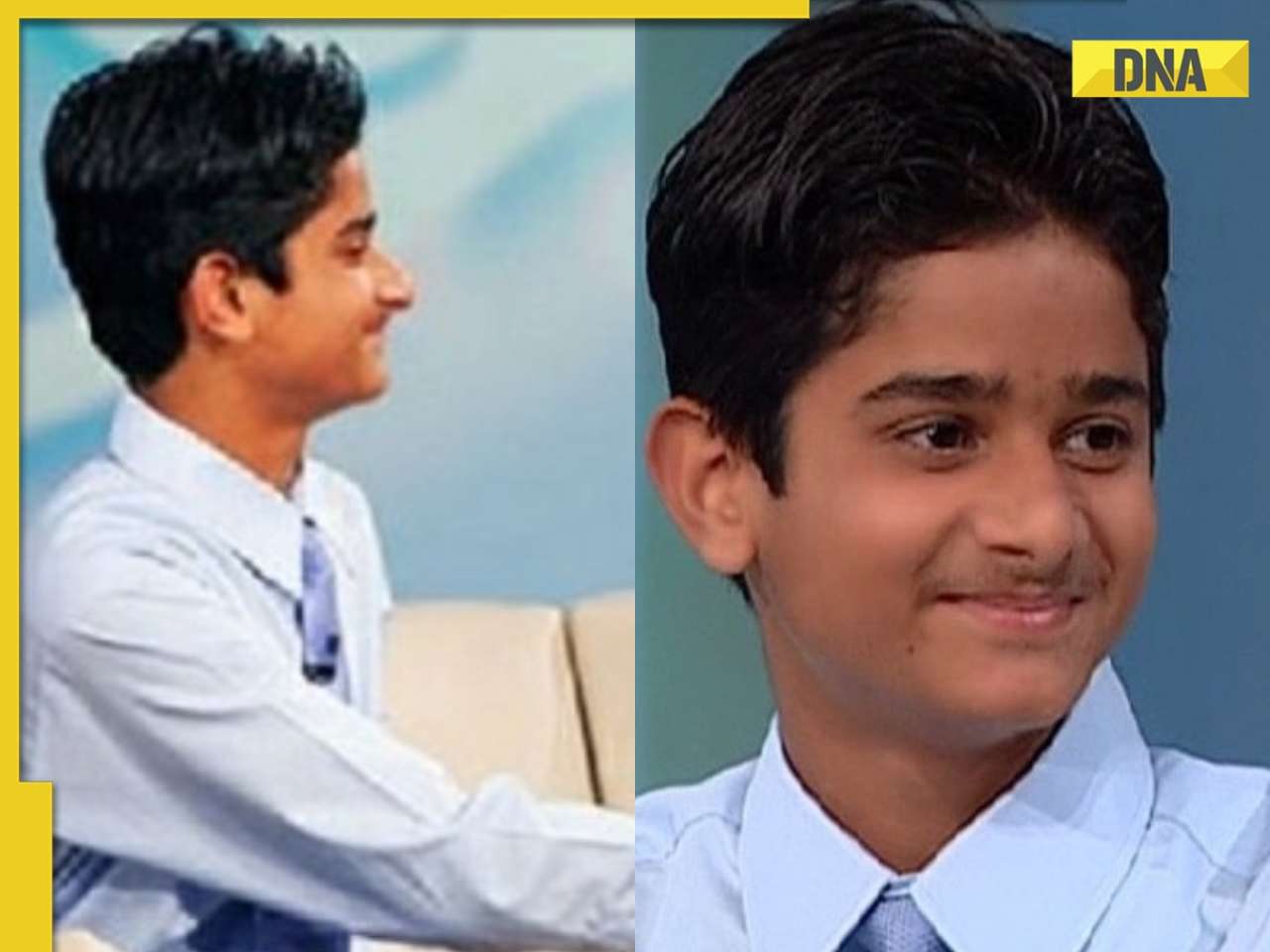
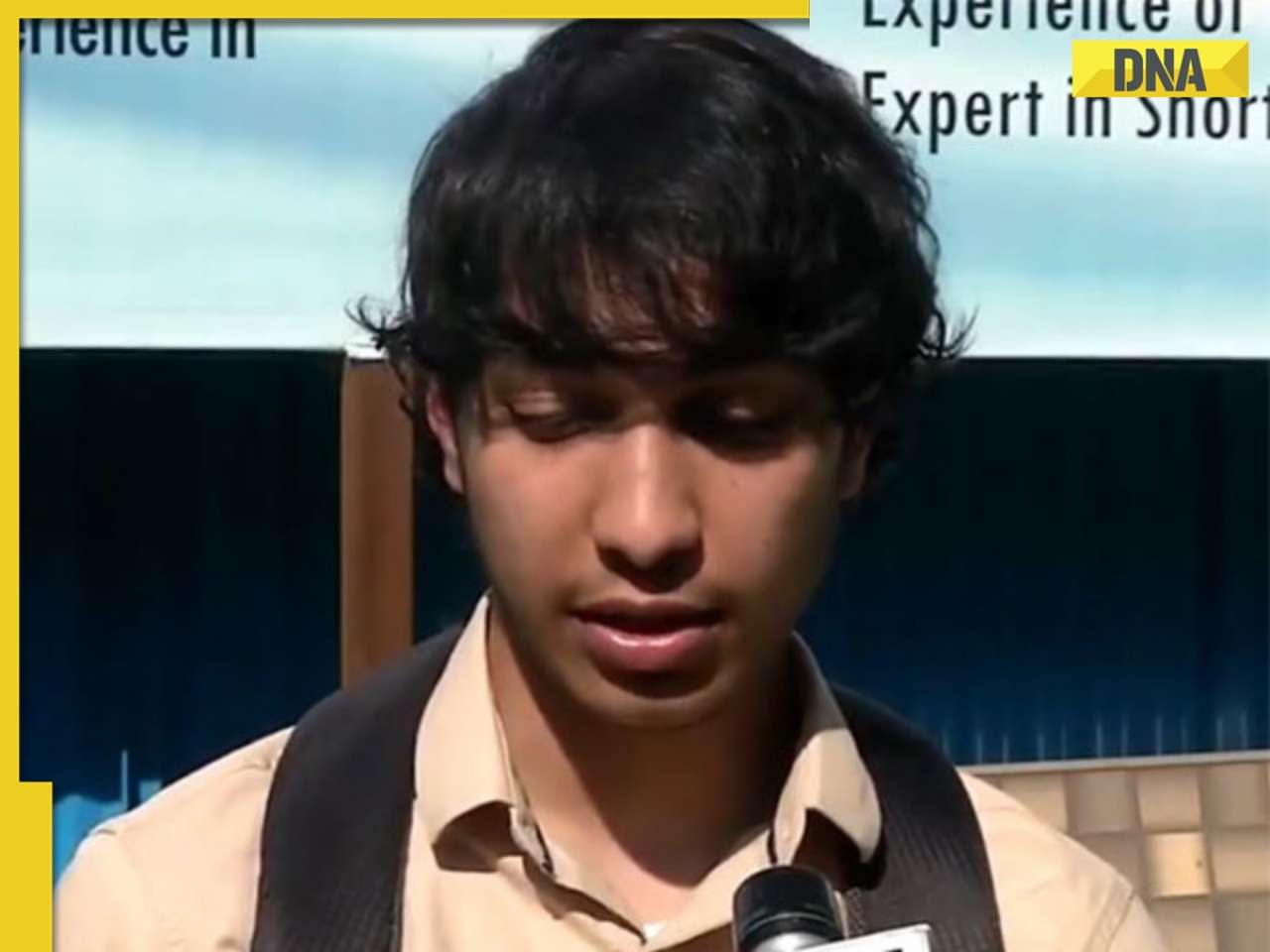



















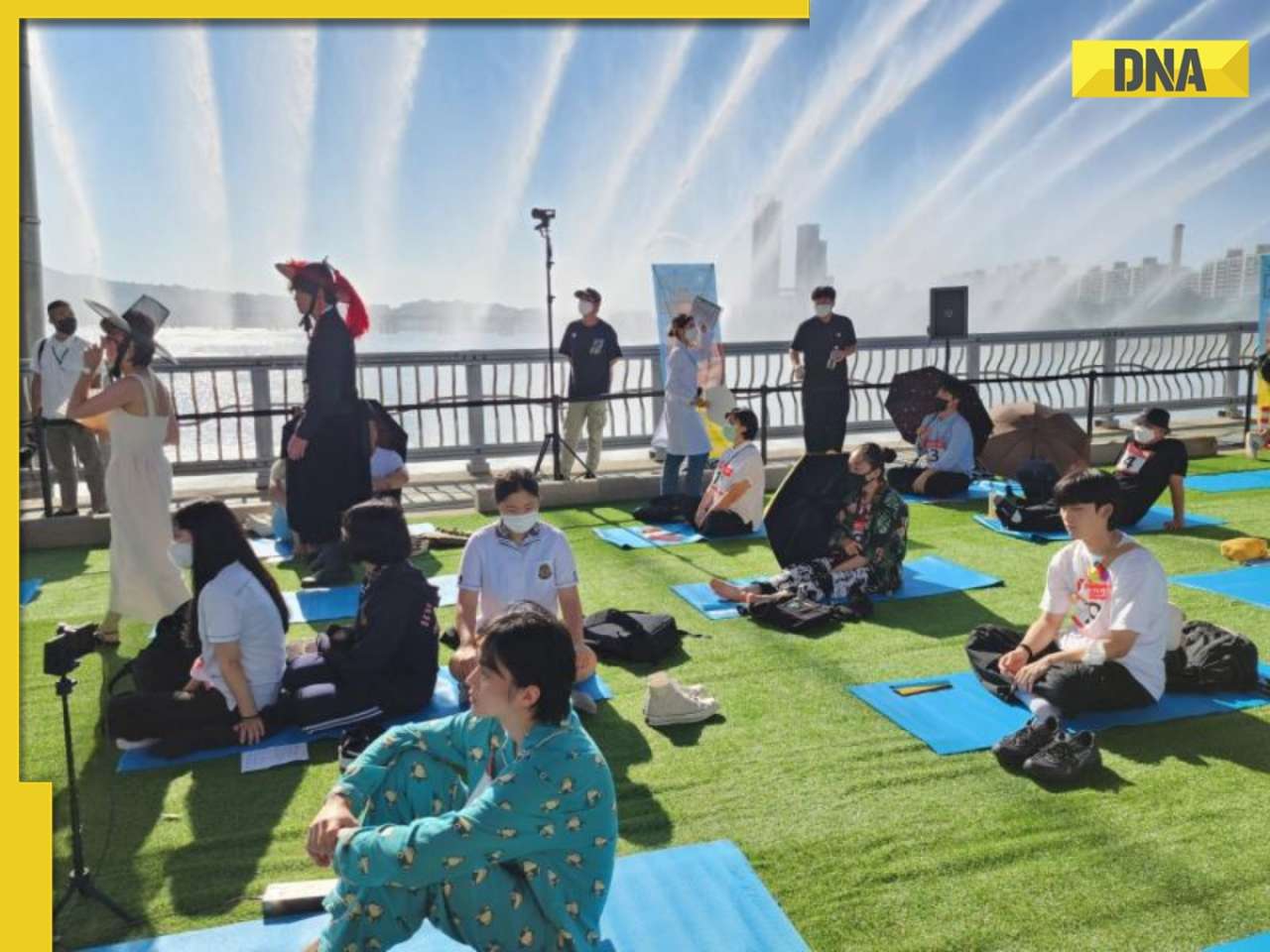









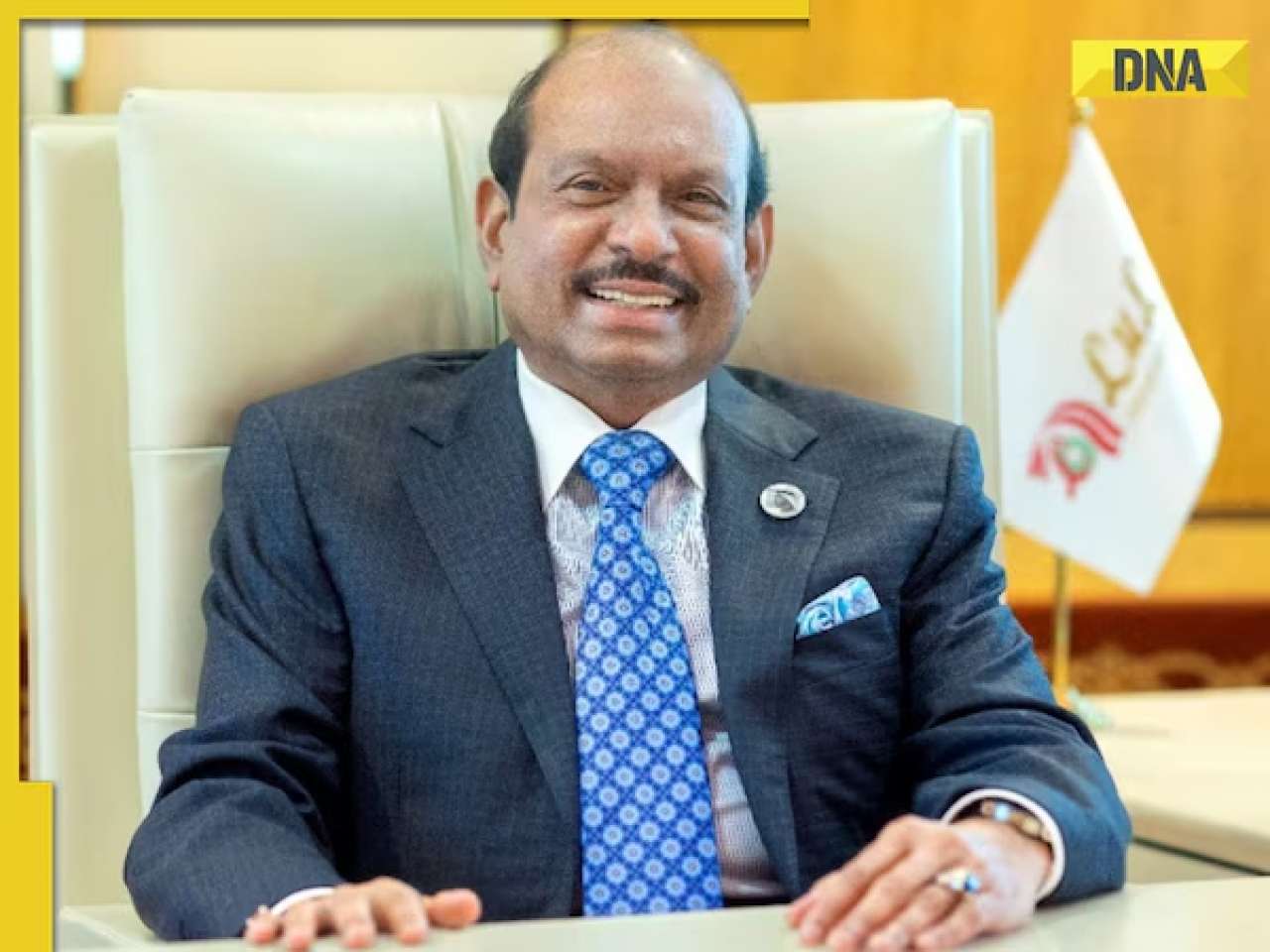












)
)
)
)
)
)